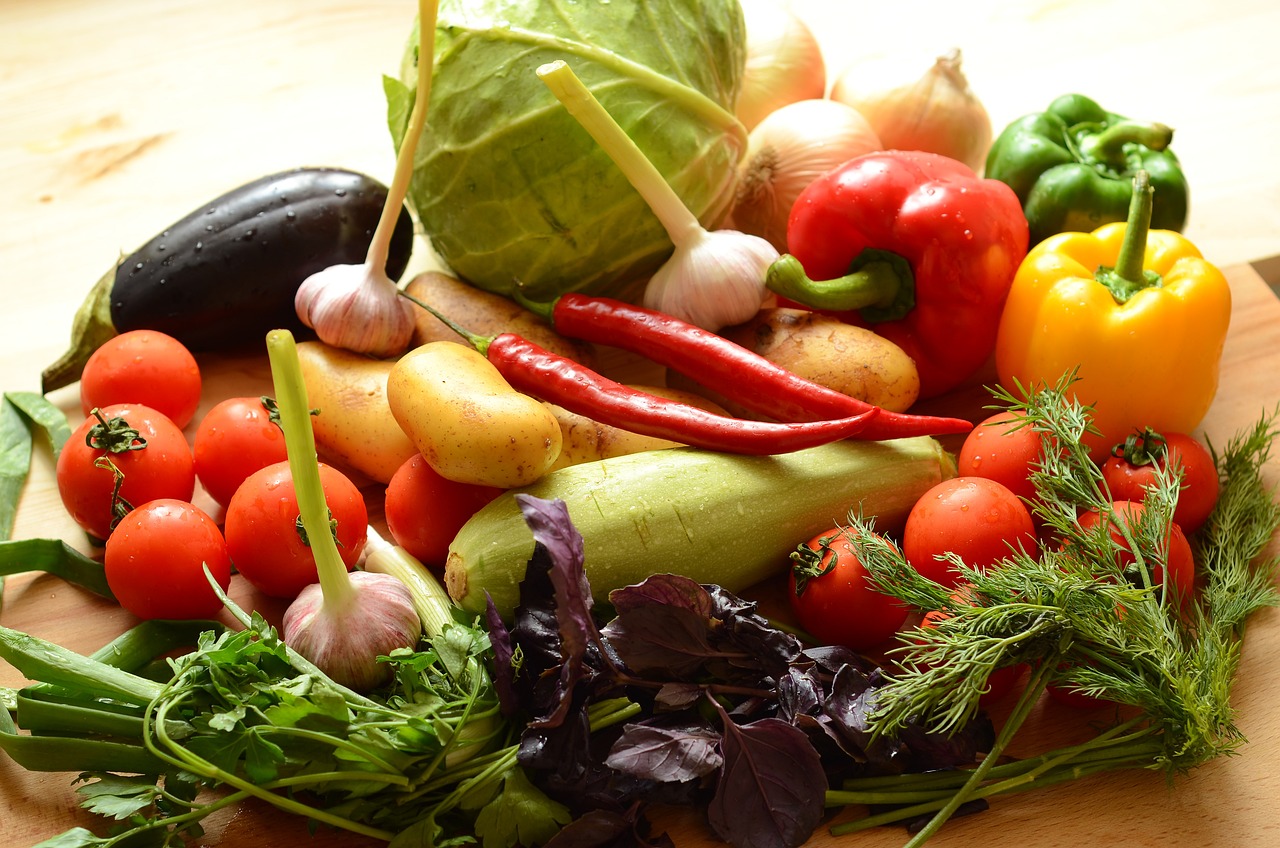The Role of Urban Farming in Food Security
11xplay online, gold365 com, skyfyer:The Role of Urban Farming in Food Security
In recent years, the concept of urban farming has gained momentum as an effective way to address food security issues in urban areas. As the world’s population continues to grow rapidly, and with more people moving to cities, the need for sustainable and reliable food sources has become increasingly important. Urban farming offers a solution to this challenge by utilizing available urban spaces to grow fresh produce and raise livestock.
What is Urban Farming?
Urban farming is the practice of cultivating, processing, and distributing food in or around urban areas. It can take many forms, including rooftop gardens, community gardens, vertical farming, aquaponics, and urban livestock farming. Urban farming can be done on a small or large scale, depending on the available space and resources.
The Benefits of Urban Farming
There are numerous benefits to urban farming, both for individuals and communities as a whole. Here are some of the key advantages:
1. Increased Access to Fresh Produce: Urban farming allows city dwellers to have access to fresh, locally grown fruits and vegetables, which are often more nutritious and flavorful than those found in supermarkets.
2. Reduced Food Miles: By growing food in urban areas, farmers can reduce the distance that food travels from farm to table, reducing transportation-related carbon emissions and supporting local economies.
3. Community Engagement: Urban farming fosters a sense of community by bringing people together to grow food, share resources, and learn new skills. It can also help to address social issues such as food insecurity and urban poverty.
4. Sustainable Food Production: Urban farming promotes sustainable agriculture practices, such as composting, water conservation, and natural pest control, leading to healthier ecosystems and less environmental impact.
5. Economic Opportunities: Urban farming can provide employment opportunities for residents, especially in underserved communities. It can also generate income for small-scale farmers and entrepreneurs.
6. Food Security: Perhaps the most significant benefit of urban farming is its role in ensuring food security for urban populations. By producing food locally, cities can become more self-sufficient and less dependent on external food sources.
Challenges of Urban Farming
While urban farming has many benefits, it also faces several challenges that need to be addressed to maximize its potential. Some of the main challenges include:
1. Limited Space: Urban areas often have limited space available for farming, making it challenging to scale up production and meet the food needs of a growing population.
2. Land Use Regulations: Zoning laws and regulations can restrict the types of activities that can take place in urban areas, making it difficult for urban farmers to establish and expand their operations.
3. Access to Resources: Urban farmers may struggle to access land, water, seeds, and other essential resources needed for farming, particularly in low-income neighborhoods.
4. Environmental Issues: Urban farming can face environmental challenges such as pollution, soil degradation, and contamination, which can impact food safety and quality.
5. Lack of Infrastructure: The infrastructure needed to support urban farming, such as storage facilities, processing centers, and distribution networks, may be lacking in many urban areas.
6. Education and Training: Many urban farmers lack the necessary knowledge and skills to effectively grow food in an urban setting, highlighting the need for training and support programs.
Despite these challenges, urban farming has the potential to play a crucial role in ensuring food security and promoting sustainable food systems in cities around the world. By addressing the issues outlined above and creating supportive policies and programs, urban farming can thrive and make a significant impact on the health and well-being of urban residents.
FAQs
Q: How can I get involved in urban farming in my community?
A: There are many ways to get involved in urban farming, whether you want to start your own garden, volunteer at a community farm, or support local farmers markets. Reach out to organizations in your area that promote urban farming and see how you can contribute.
Q: Is urban farming a viable solution for addressing food insecurity in cities?
A: Yes, urban farming has the potential to increase access to fresh, nutritious food in urban areas, particularly in underserved communities where food insecurity is prevalent. By supporting urban farming initiatives, cities can improve food security for all residents.
Q: What are some examples of successful urban farming projects?
A: There are many successful urban farming projects around the world, such as the Brooklyn Grange rooftop farms in New York City, the Collingwood Children’s Farm in Melbourne, Australia, and the Kibera Town Centre Urban Farm in Nairobi, Kenya. These projects demonstrate the diversity and impact of urban farming on local communities.
Q: How can urban farming contribute to sustainable food systems?
A: Urban farming promotes sustainable agriculture practices, such as organic farming, permaculture, and agroecology, which minimize environmental impact and support healthy ecosystems. By producing food locally and reducing food miles, urban farming contributes to a more sustainable food system.
In conclusion, urban farming has the potential to play a vital role in ensuring food security, promoting community engagement, and fostering sustainable food systems in cities worldwide. By addressing the challenges and leveraging the benefits of urban farming, we can create healthier, more resilient, and more equitable urban environments for all residents.







